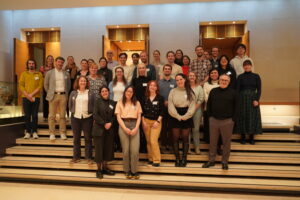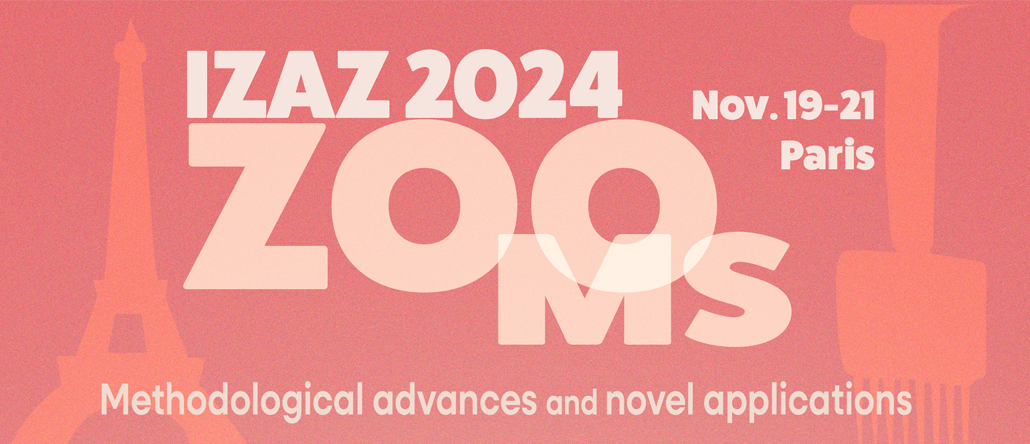The 2nd “Integrating ZooMS and Zooarchaeology” (IZAZ) workshop was held at the Collège de France in Paris from 19 to 21 November 2024. The workshop, organised by Aurélie Artizzu (Université Paris 1 Panthéon-Sorbonne), Annelise Binois-Roman (Université Paris 1 Panthéon-Sorbonne), Giulia Gallo (Université de Toulouse, Collège de France), Raija Heikkilä (Collège de France), and Pauline Raymond (Collège de France), brought together experts to explore how ZooMS (Zooarchaeology by Mass Spectrometry) and Zooarchaeology can work together.
Day 1 featured two inspiring keynote presentations. Virginie Sinet-Mathiot traced the development of ZooMS, while Matthew Collins highlighted how combining proteomics with shape analysis could make ZooMS more accessible.

On day 2, the focus shifted to applications. Morning sessions explored how ZooMS is helping to uncover insights from ancient manuscripts and Pleistocene diets. The afternoon focused on refining methods, from improving sample preservation to adopting new proteomic approaches.
On the final day, exciting case studies were presented, including applications of ZooMS to fish and other species. In the discussion that followed, participants discussed the creation of a common database of markers and species identifiers to improve consistency and accessibility for researchers outside the field. R. Heikkilä and S. Barakat’s sustainable approach to reusing collagen from isotope analysis for ZooMS was discussed with implications for collagen reuse. As part of the discussions, Karen Ruebens concluded with a focus on integrating ZooMS with traditional zooarchaeology to better understand human behaviour.

